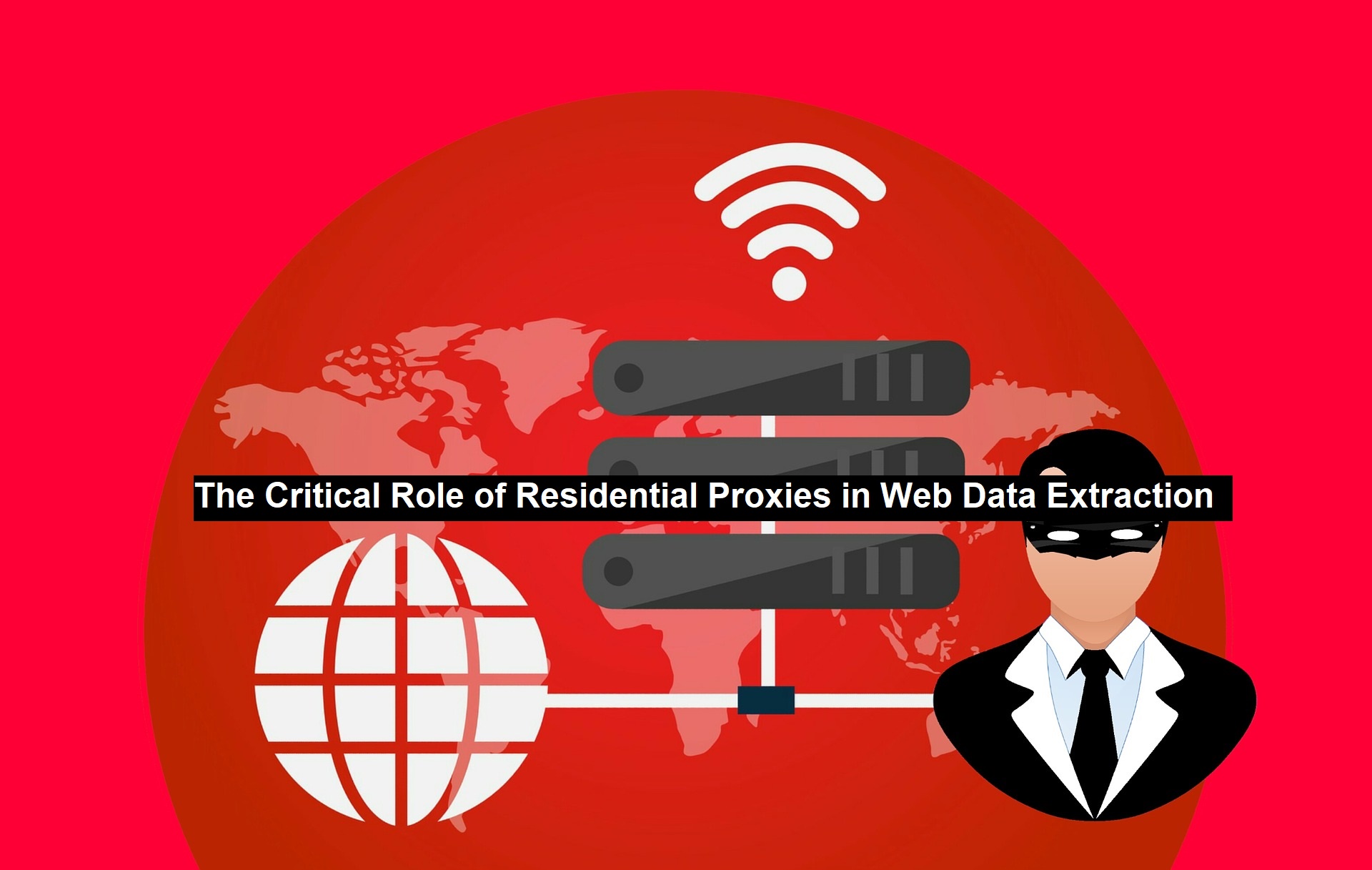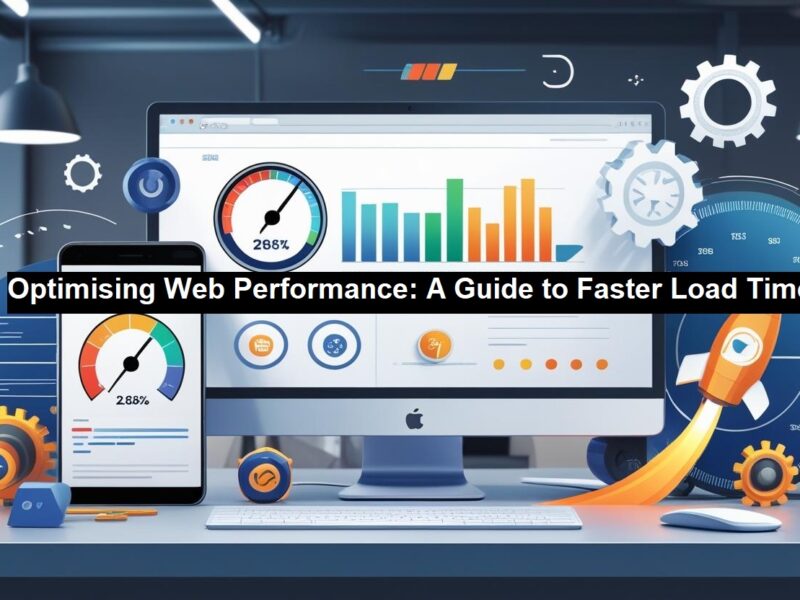In today’s data-driven economy, information is power. Whether you’re running competitive analysis, price monitoring, lead generation, or market research, access to public web data is often the key to strategic decisions. However, the path to acquiring that data at scale is filled with obstacles—anti-scraping technologies, geo-restrictions, CAPTCHA triggers, and IP bans all stand in the way. Residential proxies have emerged as one of the most effective tools to overcome these limitations and ensure sustainable, secure data extraction.
What Makes Residential Proxies Different?
Unlike datacenter proxies, which use IPs from cloud infrastructure providers, residential proxies route your connection through actual consumer devices. This makes the traffic appear as though it’s coming from a real user with a regular internet service provider (ISP). Because websites trust this type of traffic, residential proxies are significantly less likely to be flagged or blocked during web scraping activities.
This trust factor is particularly important for platforms that aggressively filter non-human behavior—eCommerce sites, social media platforms, travel aggregators, and job portals all rely on advanced detection systems. Residential proxies offer the legitimacy needed to bypass those defenses without raising suspicion.
Read: Explain Retrieval Augmented Generation – Role of RAG in AI
Key Use Cases Where Residential Proxies Excel
Residential proxies are ideal for geo-targeted data extraction. For example, if a brand wants to track pricing trends across the U.S., Germany, and Japan, using IP addresses from each of those countries is essential. Residential proxies enable this by allowing users to simulate location-specific access, ensuring that localized content, currency, and inventory data are collected accurately.
They are also valuable for reputation management. Companies can use residential proxies to anonymously monitor brand mentions, verify ad placements, or assess customer feedback without risking IP bans that might occur with datacenter-based solutions.
Why Proxy Rotation and IP Freshness Matter
Effective scraping requires more than just a residential IP—it also demands rotation strategies and fresh IPs. Reusing the same IP address too frequently can still result in detection, even if it’s a residential one. Providers that offer dynamic IP rotation and ensure a broad, frequently refreshed pool of IPs are more likely to support consistent scraping success.
Conclusion
Residential proxies are no longer a luxury—they’re a necessity for any serious data operation that involves high-volume, location-sensitive, or platform-sensitive scraping. A provider like proxy-seller.com/residential-proxies/ offers scalable, reliable access to real residential IPs, helping businesses gather data safely and efficiently across the web. Investing in residential proxies means unlocking data without limits, with the stability and trustworthiness today’s online platforms demand.



